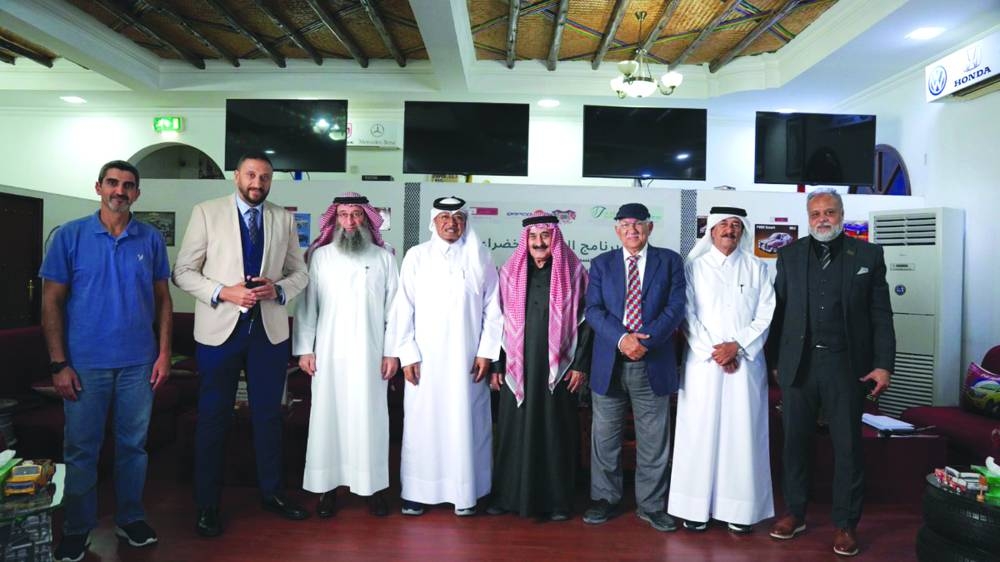The Green Tent of the "A Flower Each Spring" programme held a symposium to discuss the utilisation of Artificial Intelligence (AI) and its contributions to improving quality of life, its technologies and historic dimensions and the dangers it poses to the Arabic identity, individuals' rights and the types of cybercrimes and combating mechanisms.
Held under the theme "AI: curse or blessing", the event brought together a number of experts, academics and professionals in smart technologies and biotechnology.
Head of the "Flower Each Spring" programme Dr Saif Ali al-Hajri emphasised that AI is like many contemporary topics that has pros and cons, noting the tremendous role AI performs in the modern age in all life aspects.
He highlighted multiple pros of AI, chiefly its role in increasing the industrial productivity and efficiency, entering, and analysing the data, answering a flurry of inquiries raised by customs, predicting the customs' traits, leveraging AI in the security institutions to detect fraud cases, in addition to the fact that AI has dramatically revolutionised the early treatment and optimised the clinical operation and disease forecasting.
AI has revolutionised the automobile industry and helped reduce car accidents through leveraging AI in regulating and alleviating traffic gridlock in major cities. It has also entered the field of e-commerce, and helped figure out customer trends and behaviour, al-Hajri underlined, affirming the importance of buttressing digital systems and avoiding electronic threats so as to protect social and economic systems.
He stressed the importance of enacting legislations that overtly regulate the AI function to be utilised ethically as versatile technology, particularly the smart phones and desktop computers, pointing out that it is critically essential for scientists to create mechanisms that outperform this technology and hackers through offering the opportunity to the scientific and technological innovation.
It is highly important to combine the efforts of workers in all sectors so as to ensure control of AI within the framework of protecting the human privacy and help contribute to human advancement and civilization without any adverse impacts, he noted.
The participants in the symposium underscored the useful uses of AI in the food security area, emphasising that AI utilisation has become very critical in the agricultural sector, given the steadfast growth of population worldwide, prompting the need for providing adequate food and more products, in addition to mitigating the environmental effects arising from the agricultural activities and facilitating the active utilisation of natural resources.
The participants highlighted the revolutionary changes AI might make through generating essential information about crop health, soil conditions, weather patterns, along with AI intervention in seed production through scanning the seeds to determine their type, quality, and viability.
As for healthcare, the participants stated that AI can largely be utilised in diagnosing the diseases and providing the suitable treatment for each case through the massive potential of AI in analysing the medical data and giving swift and thorough prognosis and prediction.

